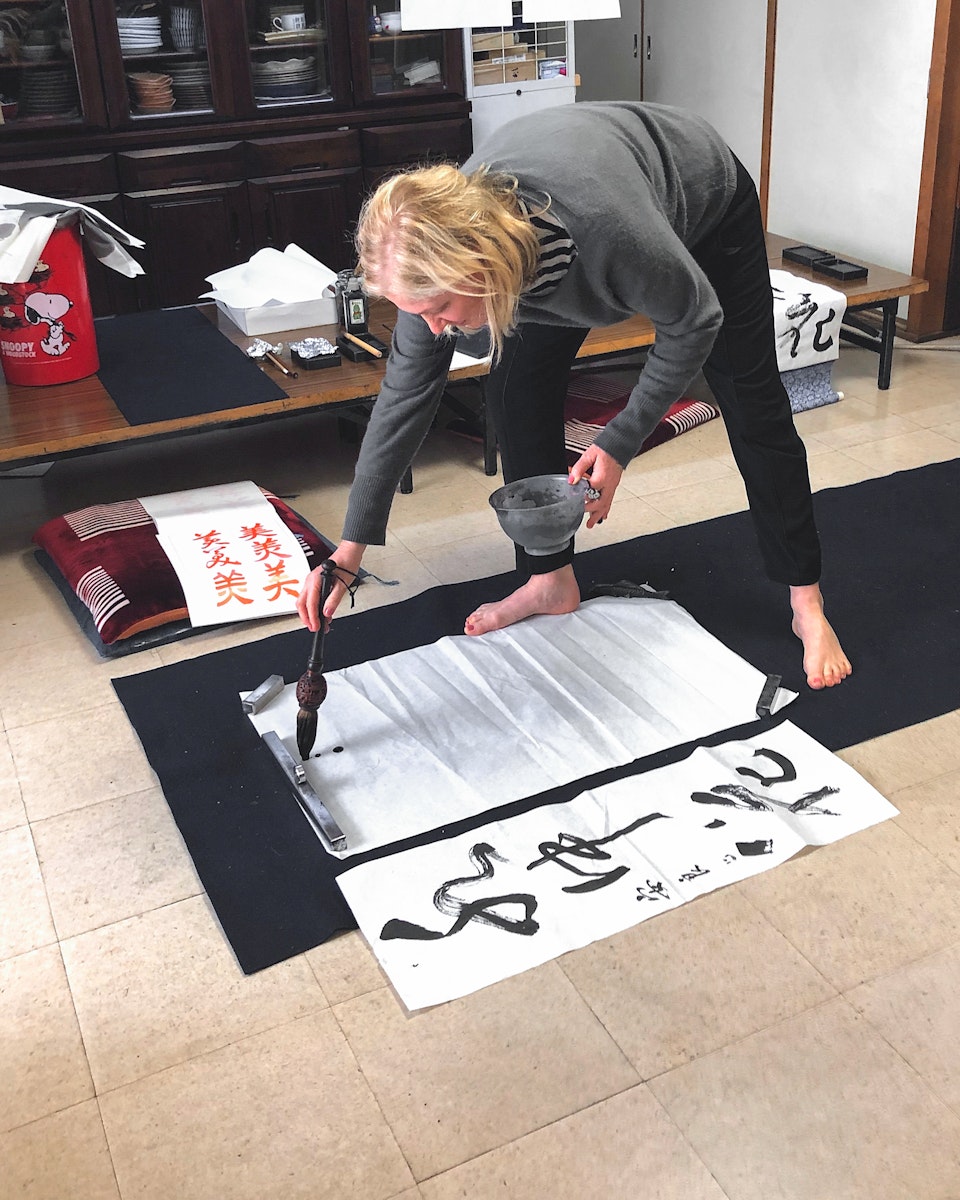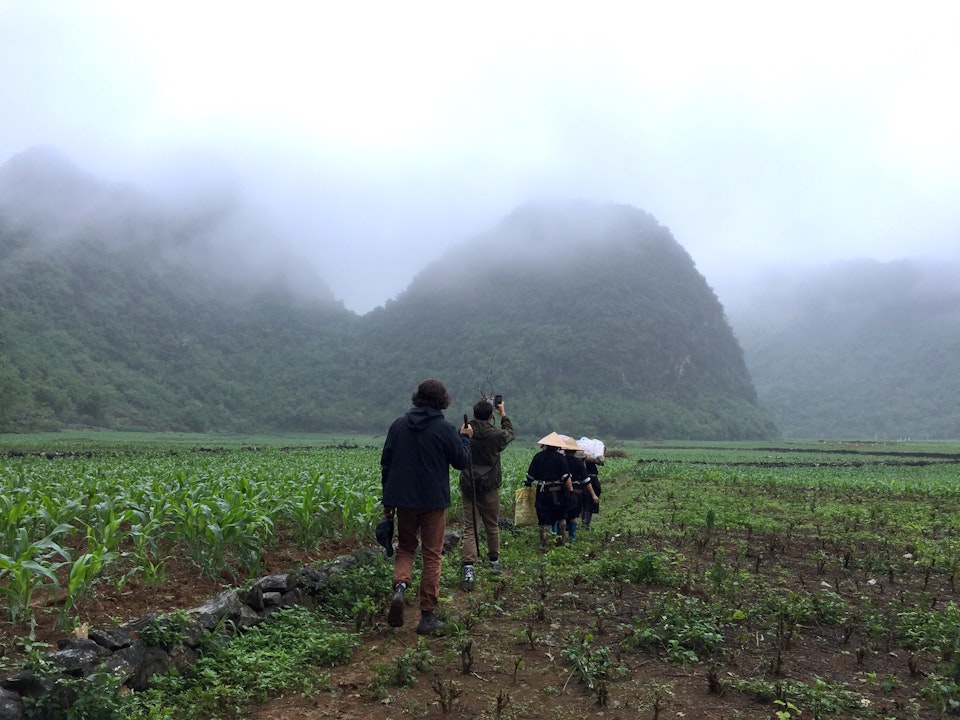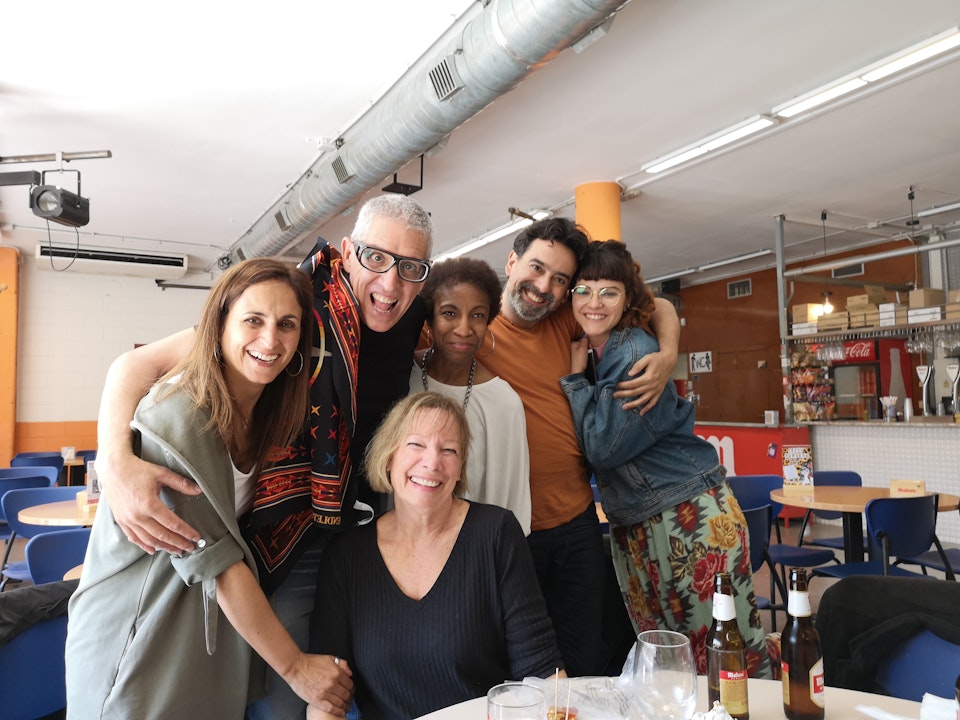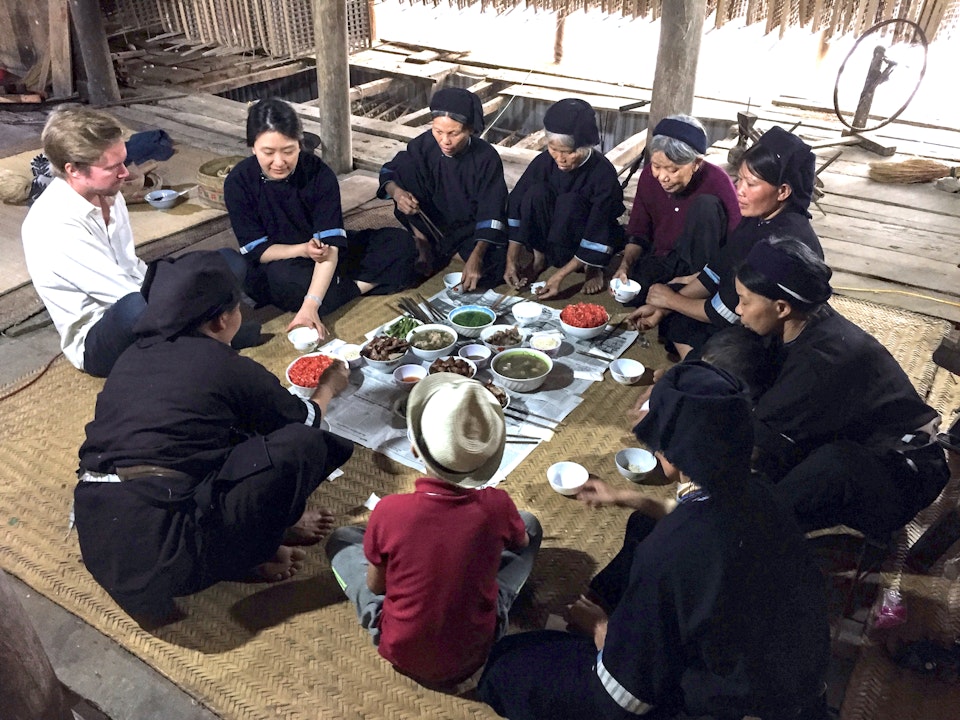November 08, 2019
How do you Maximize an “Experience”?
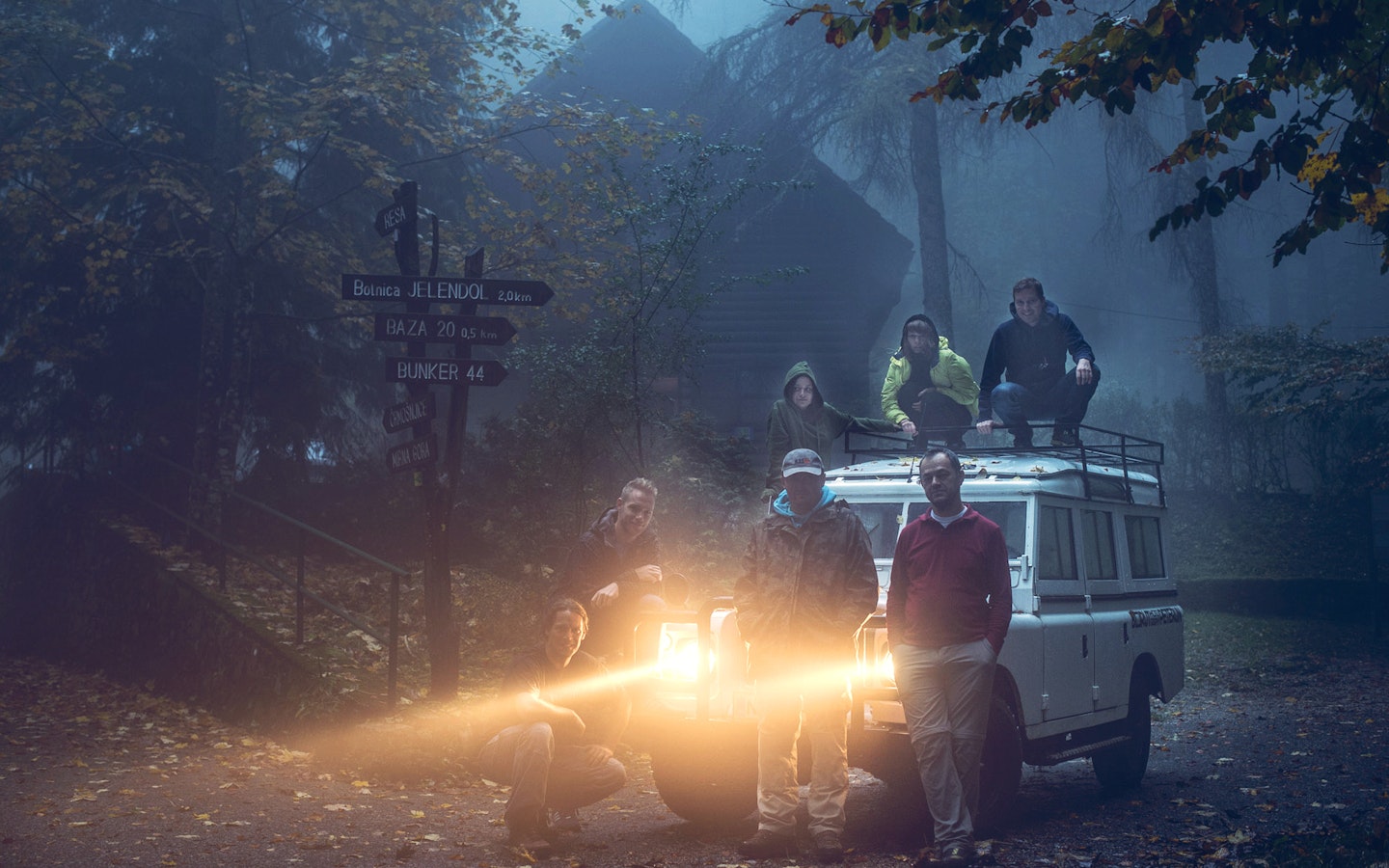
In 2014, an essay called “Waiting for Merlot” was published in the journal Psychological Science and showed that experiential purchases (i.e. money spent on doing things) provided more lasting happiness than material purchases (i.e. money spent on having things).
The same study showed that people derive more happiness from just the anticipation of experiential purchases: in other words, waiting for an experience was more exciting than waiting to receive a material good.
We live in a society that values net worth and a billionaire mindset.
Often, it is hard to shift a mindset. To place value on experiences than growing material wealth is hard, because society has hardwired us into thinking that material goals are paramount. Yet, studies point out time and time again that people actually remember experiences more.
This means that a trip to see a Broadway play or the time spent learning how to learn the art of Japanese calligraphy are likely to be far more memorable than getting a raise at work. Chances are you’ll even forget the dollar amount of the raise in a few years, but you are far less likely to forget the experience of learning calligraphy.
Alla learning Japanese Calligraphy with Chikako, in Kyoto, Japan.
With Americans working more hours (thanks to technology, which blurs the boundaries between “work” and “play”), it has become harder to factor in experience time during the work week. Leisure time, despite the internet economy making this more efficient for us, has become harder to find.
Dr. Thomas Gilovich of Cornell University has largely been credited for claiming and backing up the “experiences are more important than things” theory. In his study, he says, “our experiences are a bigger part of ourselves than our material goods. You can really like your material stuff. You can even think that part of your identity is connected to those things, but nonetheless, they remain separate from you. In contrast, your experiences really are part of you. We are the sum total of our experiences.”
The last line, “we are the sum total of our experiences” is actually a quote by the author, BJ Neblett, who also said, “Those experiences – be they positive or negative – make us the person we are, at any given point in our lives. And, like a flowing river, those same experiences, and those yet to come, continue to influence and reshape the person we are, and the person we become. None of us are the same as we were yesterday, nor will be tomorrow.”
“My parents encouraged me to travel and never worried I’d get killed or I shouldn’t drive cross-country by myself, etc.,” says travel writer Jill Schensul, who has contributed to several newspapers and magazines. “I am definitely the sum of my travels. Travel--the challenges, the epiphanies, the constant testing of your ideas, your way of living, your ability to keep going on (and coming back) fundamentally changes you--every trip you take.”
Andrew hiking with the minorities in Cao Bang, Vietnam, learning Natural Dyeing with Thao.
Judi, Alvaro and Alvaro’s friend, learning Percussion with Alvaro in Barcelona, Spain.
Many millennials these days eschew a desk job in favor of such experiences, and with good reason. They’re placing a higher value on memories and finding themselves, and less value on the age-old tradition of making money and living life according to society’s expectations.
Ultimately, no one should hold you accountable for your life but yourself: so, gifting and living “experiences” over things is a great way to get a deeper fulfilment. So, how does one get the full benefit of an “experience” and is there a way to get the most out it---whether it is an apprenticeship, retreat, getaway or all of the above?
Here are some tips on getting the most mileage out of an experience:
Leave your Phones at Home.
While this seems easier than done, an experience becomes better once you are fully present. The science is clear: multitasking does not work. Our brains really can’t do two things at once, and one study has found that only a very small number of people (2.5 percent) can do two things at once. We are just not wired that way, so if you are going to a retreat or an apprenticeship, do your best not to answer phone calls or livestream or even Instagram: try to be fully present.
Be Mindful of Context.
An experience becomes much richer when it is placed in context of the local culture and customs, and even within a chronological time frame. For instance, if you are going to take a batik lesson, think of the art’s place in the annals of creative and textile history. Your moments become much deeper that way.
Connect with the People.
This might seem like an obvious point, but it is important to connect with the people (ask questions, be curious if the situation allows). Sometimes we let experiences happen to us, and sometimes we take control of the experience and ask the right questions and connect so it becomes a deeper, more meaningful connection. Ultimately, your memories of it should matter.
Make it Yours.
An “experience” should be your take on things: ultimately, how you personally connect with it is what matters because no two versions of the experience will be the same. As authenticity continues to matter these days (more than ever), people want to connect with the real you. An experience is only as beautiful as what you make it to be.
Di and friend having dinner with local minority, learning Natural Dyeing with Thao in Cao Bang, Vietnam.
Consider a mini apprenticeship with a VAWAA master artist.
For more stories, tips, and new artist updates, subscribe here.
